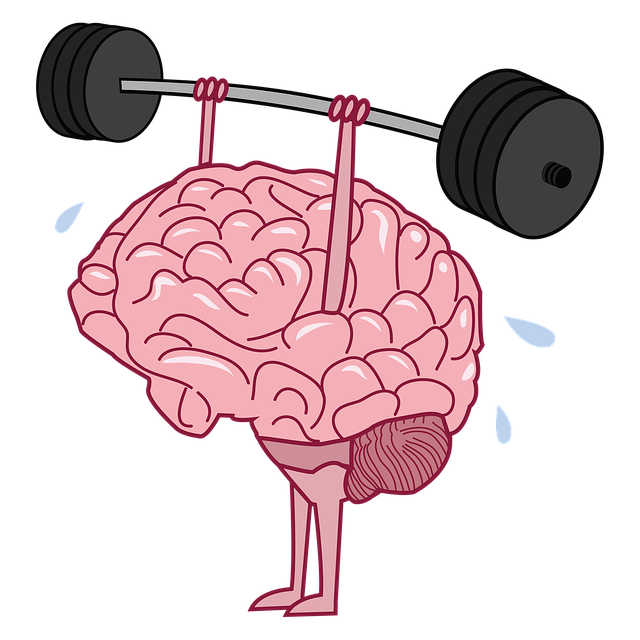Mental health policies play a pivotal role in supporting young children's well-being by focusing on early intervention and access to therapy for relationship issues. These strategies, backed by evidence, create supportive environments, enhance cultural sensitivity in healthcare, and break down barriers to care. Early addressing of emotional challenges promotes healthy development, resilience, and prevents long-term mental health issues. By prioritizing these policies, societies foster open conversations about mental health and empower individuals to prioritize well-being through preventive care.
Mental health policy analysis and advocacy are crucial for fostering healthy development in young children. This article delves into three key areas: understanding mental health policy and its profound impact on young children, focusing specifically on therapy for those facing relationship issues, and exploring effective advocacy strategies to enhance mental health support. By examining the current state of policies related to child therapy and proposed solutions, we aim to highlight the importance of early intervention and advocate for comprehensive mental health care accessible to all young children.
- Understanding Mental Health Policy and Its Impact on Young Children
- – Definition of mental health policy
- – Importance of early intervention for young children's mental health
Understanding Mental Health Policy and Its Impact on Young Children

Mental health policies play a pivotal role in shaping the well-being of young children and their future development. These policies influence access to essential services like therapy for young children, focusing on addressing relationship issues that may arise during their formative years. Effective mental health initiatives recognize the profound impact of early experiences on long-term mental health outcomes. By implementing evidence-based practices, such as empathy building strategies and communication strategies, policies can foster a supportive environment conducive to healthy development.
Understanding the intricate link between mental well-being, stress management, and social interactions is crucial. Young children are particularly vulnerable to the effects of unaddressed relationship issues, which can lead to more significant problems later in life. Thus, policy advocacy should aim to break down barriers to care, ensuring that therapy for young children with relationship difficulties is accessible, affordable, and culturally sensitive, ultimately promoting resilience and a brighter future for our youngest members of society.
– Definition of mental health policy

Mental health policy refers to a set of guidelines, regulations, and programs designed by governments or organizations to improve access to mental healthcare services, promote mental wellness, and reduce the stigma associated with mental illness. These policies encompass various initiatives aimed at supporting individuals across their lifespan, addressing issues such as therapy for young children, relationship problems, and crisis intervention. They also include strategies to ensure cultural competency among healthcare providers, thereby improving the quality of care delivered to diverse populations.
By integrating these policies into healthcare systems, societies can foster environments that encourage open discussions about mental health and reduce barriers to treatment. Additionally, initiatives like the production of a mental wellness podcast series can enhance public understanding and provide accessible guidance on managing mental health issues. Such measures collectively contribute to building resilient communities where individuals feel empowered to seek help when needed, focusing not just on crisis intervention but also on preventive care and long-term well-being.
– Importance of early intervention for young children's mental health

Early intervention plays a pivotal role in fostering healthy development and preventing mental health issues in young children. By identifying and addressing relationship problems, emotional challenges, or signs of distress at an early stage, therapy for young children can be immensely beneficial. This proactive approach recognizes that the foundation for mental well-being is laid during childhood, and any disruptions or struggles should be met with timely support.
Implementing strategies such as encouraging a self-care routine development for better mental health can equip children with essential coping mechanisms. Mind over matter principles, which focus on building resilience and positive thinking, are valuable tools in prevention. Through early intervention, depression prevention measures can also be integrated into the care of young individuals, ensuring that their emotional needs are met and potential mental health challenges are managed effectively.
Mental health policies play a pivotal role in shaping the well-being of young children, offering crucial support for their developing minds. Early intervention through therapy for relationship issues is essential, as it can prevent more severe mental health challenges later in life. By advocating for comprehensive mental health services, we can ensure that all children have access to the care they need to thrive and reach their full potential. This policy analysis highlights the impact of proactive measures on a child’s long-term mental health and well-being.














